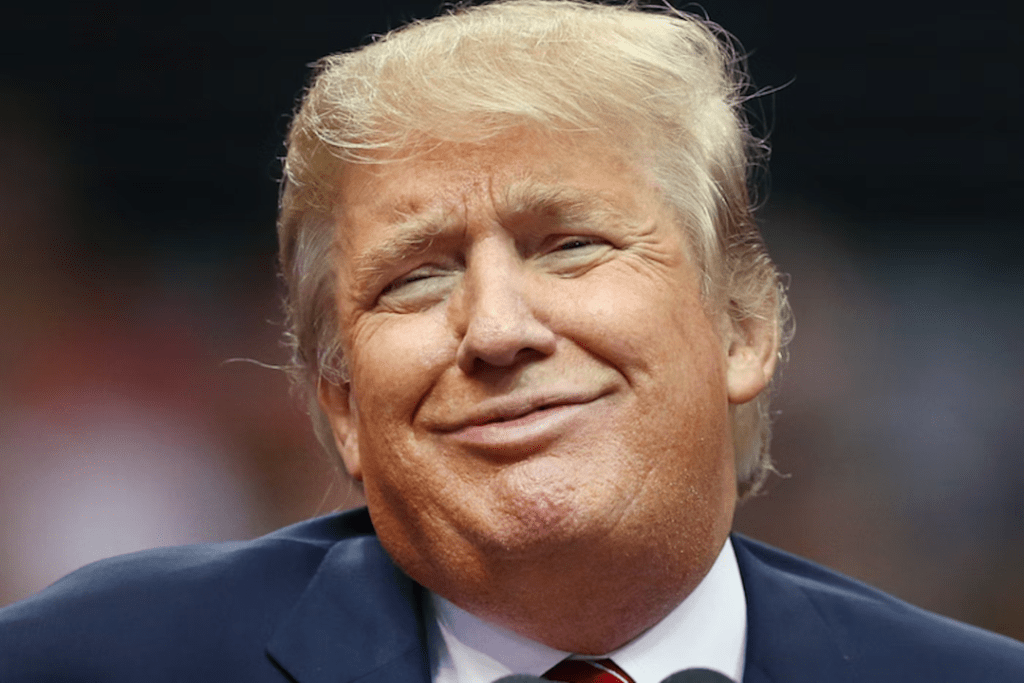Tariffs are a populist’s dream. Beware of tariff engineering.
They remove import competition from local industry. That means higher profits and more employment. Workers are happy, bosses are happy, and shareholders are happy. Tariffs increase government revenues. Tax reductions become possible. So do subsidies and pay-outs to political supporters.
For a governing political party, what is not to like? That is why Donald Trump told Bloomberg News, “To me, the most beautiful word in the dictionary is tariff, and it’s my favorite word” Is he right? Do we need to worry?
A tariff is a charge or levy on imports. Current talk in the USA is of 60% on all Chinese, and 10-20% on all other, imports. These could rise, especially for targeted products where the USA feels competition is inherently unfair. In addition, tariffs are being considered as a way of persuading other governments to yield to USA policy in areas other than trade. Swingeing tariffs on Mexico, for example, could be used to strongarm it into migrant control.
The first effect of tariffs is to raise prices. The USA runs a large trade deficit – it imports a lot more than it exports – so tariffs would quickly raise the end-price of all imported goods. Local producers would be quick to increase their prices to match, resulting in across-the-board price rises in all areas subject to tariffs.
Another effect of tariffs is to make producers narrow their horizons and concentrate on the home market. Partly this is because it is now relatively more attractive but also because export markets respond with retaliatory tariffs on imports from the USA.
Then there is a cascade of indirect effects. Investment is reduced because of lack of opportunities for export growth. Innovation declines as domestic customers are no longer able to compare the quality and value of US products with those from abroad. Companies are diverted from operational improvements because lobbying for protection gives higher returns. This leads to a corrupt, rent-seeking business culture. Rent-seeking is a term describing industries that live behind what Warren Buffet calls a ‘moat’; those whose focus is no longer progress, but gouging captive customers. Tariff engineering is a response to tariffs in which supply chains are designed to legally get around tariffs, the primary goal becomes tariff-avoidance, and other sources of competitive advantage are de-prioritised. It is a seductive but perilous strategy.
It is argued by many that, whilst all of this may be true, it is less true for the USA than for smaller economies. Although everyone would suffer from lower trade, the USA would suffer significantly less and therefore be relatively advantaged. For most politicians, this is enough of an argument to swing them behind protectionism. Few of them understand David Ricardo’s theory of comparative advantage and, even if they did, the idea of a win/win solution is not politically attractive if the USA does not win bigger than the other guy.
At national level, historical and current examples abound. North Korea, Argentina, Venezuela and Zimbabwe are egregious examples; but many in recent history, including Indonesia, India, most of Latin America, and even Japan, with its policy of Sakoku, have experienced cycles of protectionism and resultant decline. When assessing companies in India, as potential suppliers, it quickly became clear to me that those who claimed to be #1 in India were inwardly focused and backward; it was far better to hear them say #10 in the world because then they understood international trade and competitiveness.
The USA is far from an exception to this history. It has been here before. The Great Depression of the 1930s was exacerbated by the USA’s Smoot-Hawley (tariffs) Act of 1930; and the USA’s ‘Tariff of 1828’ nearly led to civil war in 1833!
The consequences of this for other countries could be dire. They are likely to introduce retaliatory tariffs and suffer all the consequences discussed above. In this situation the right thing to do may not be the easiest. The pendulum will swing back and, when it does, those companies that have retreated behind protectionist tariff barriers will fail because they have become globally uncompetitive.
So we already know the outcome; and there is little we can do to stop the political tide. However, we do have a role; to prevent our own companies becoming dependent on closed markets. To survive this, somebody has to be the voice of commonsense, calling loudly for more R&D, continued international sourcing, retention of export customers, and continuing investment in business operations. They must counsel against foreign investment behind tariff barriers. One of my formative experiences is meeting a former boss who had been seconded to Brazil to build a PET plant. As soon as the plant was operational, Brazil dropped its tariffs, the plant was shuttered, and my former boss was stuck in Sao Paulo for the foreseeable future, with nothing to do but tend his orchids. Speaking out for open markets may not be popular and may appear wrong-headed in the short term. That’s is how it is, and you need to rehearse many arguments to persuade your company not to yield to tariff engineering strategies.
The post Tariff: ‘The Most Beautiful Word’? appeared first on SWISSUES.

